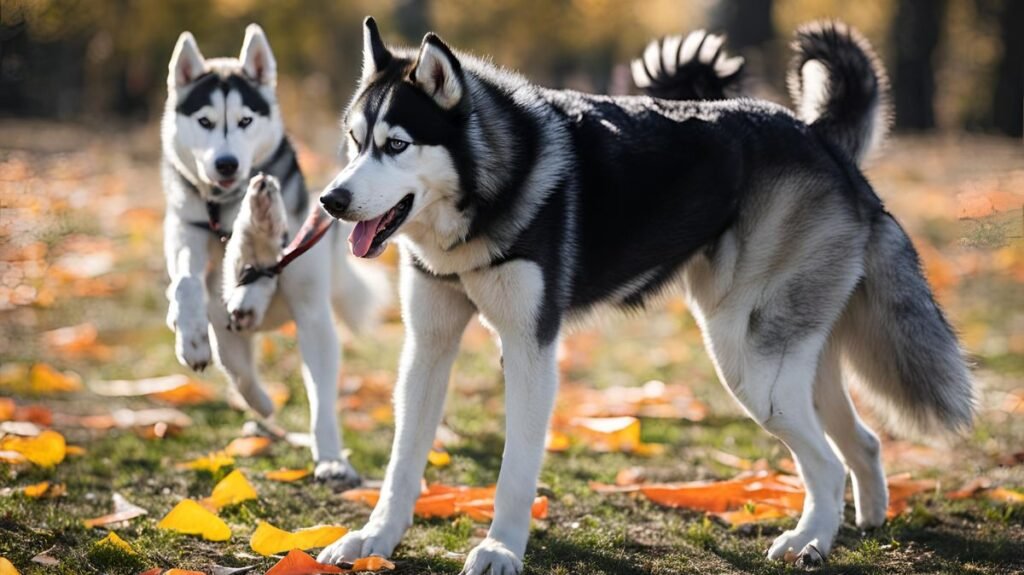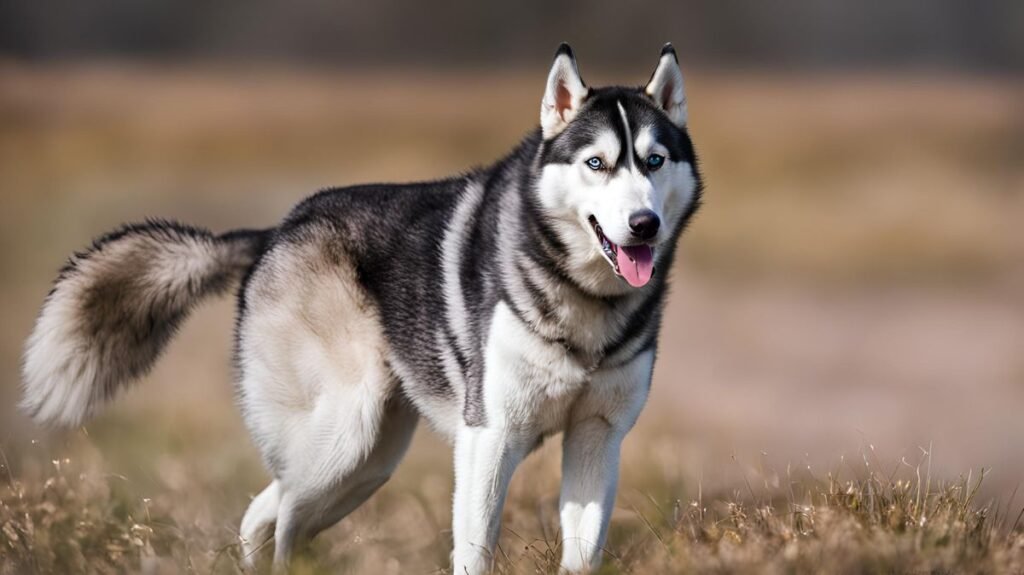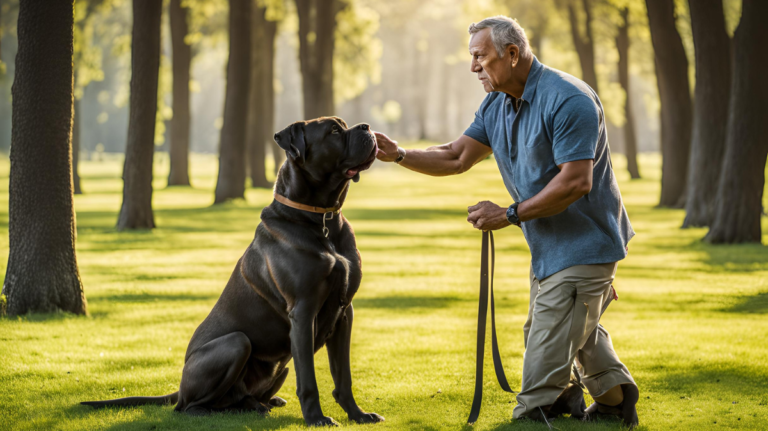Key Takeaways
| Key Points | Description |
|---|---|
| Understanding Husky Behavior | Learn the natural instincts of Huskies. |
| Basic Obedience Training | Fundamental commands for Huskies. |
| Positive Reinforcement | Benefits over traditional methods. |
| Socialization Strategies | Early socialization methods for Huskies. |
| Professional Trainers | Consider hiring for expert guidance. |
| Online Resources | Utilize digital platforms for training. |

Understanding Husky Behavior
Understanding the behavior of your Siberian Husky is crucial for effective training. Huskies are known for their independent and stubborn nature, which stems from their history as working dogs.
Traits of Siberian Huskies
- Highly intelligent yet often challenging to train.
- Known for their high energy levels.
- Strong prey drive due to their natural instincts.
Asserting yourself as the leader is essential to manage these traits effectively.
Did You Know?: Huskies were originally bred by the Chukchi people of Siberia for transportation and had to be independent to travel long distances.
Basic Obedience Training
Basic obedience training is the foundation for any successful Husky training plan. Focus initially on fundamental commands such as:
- Sit
- Stay
- Come
- Heel
Consistency in training is key to help your Husky understand what is expected.
Advanced Husky Commands
Transitioning from basic to more complex commands requires patience and structured routines. Advanced commands can include:
- Leave it: Helps control their prey drive.
- Wait: Vital for their safety in various situations.
Tip: Use shorter training sessions to maintain their concentration.
Positive Reinforcement Techniques
Utilizing positive reinforcement is deemed more effective than traditional methods.
Benefits:
- Builds trust between you and your Husky.
- Encourages them to repeat desirable behaviors.
Examples of Positive Reinforcements
- Treat rewards
- Verbal praise
Regular use of these techniques helps in developing a positive training environment.
Socialization Strategies for Huskies
Early socialization is crucial for Huskies to learn how to interact with other dogs and people.

Socialization Methods
- Introduce them to new environments regularly.
- Arrange playdates with other dogs.
These strategies help in reducing aggressive and fearful behaviors.
Quote: “Exposing your Husky to various social settings at a young age promotes a well-rounded adult dog.”
Handling Behavioral Challenges
Huskies can exhibit several behavioral challenges, such as excessive barking and separation anxiety. Address these by:
- Identifying the root cause.
- Consistently applying corrective measures.
Encourage desired behavior by creating a structured daily routine.
Siberian Husky Puppy Training

Starting training at a young age helps instill good habits while breaking bad ones early.
Developing a Routine
- Short, frequent training sessions.
- Consistent feeding, exercise, and play schedule.
This routine supports a balanced life for your pup.
Resource: In-Home Dog Training

Incorporating Exercise and Play
Regular physical activity is essential for a Husky’s mental and physical health.
Benefits:
- Releases pent-up energy.
- Reduces behavioral problems.
Examples of Interactive Play:
- Fetch sessions
- Agility courses
Nutrition’s Role in Training
A well-balanced diet provides the necessary energy levels for effective training.
Importance of Nutrition
- Supports brain function and development.
- Affects overall behavior and attention span.
Consult with a vet to design a diet best suited for your Husky’s needs.
Common Mistakes to Avoid

Avoid common mistakes such as inconsistency in commands and insufficient exercise.
Identifying & Correcting Errors
- Recognize and address these errors promptly.
- Understand the long-term impact of training mistakes.
Corrections should be done with patience and empathy.
Utilizing Professional Trainers
Hiring professional trainers can offer personalized guidance for your Husky.
Benefits:
- Expertise in dealing with specific breed traits.
- Access to structured training programs.
Explore our guide on famous dog trainers for options.
Online Training Resources
Digital platforms provide an array of training resources, making it convenient to access expert advice.
- Dog Training Online Forums
- Webinars and video tutorials
These resources complement your in-person training efforts.

Adapting Training to Individual Needs
Each Husky has unique behavior patterns requiring a customized training approach.
Customization Tactics:
- Monitor behavior closely.
- Adjust techniques and routines as needed.
Recognizing your Husky’s individuality ensures effective training outcomes.
Conclusion
Training a Husky requires time, effort, and understanding of their unique nature. By combining structured routines, positive reinforcement, and professional guidance, successful training is achievable. Never stop learning and adapting your methods as your Husky grows.

FAQ
How long does it take to train a Husky?
It varies, typically requiring months of consistent effort.
Can Huskies be trained off-leash?
Yes, with patience and dedicated off-leash training efforts.




